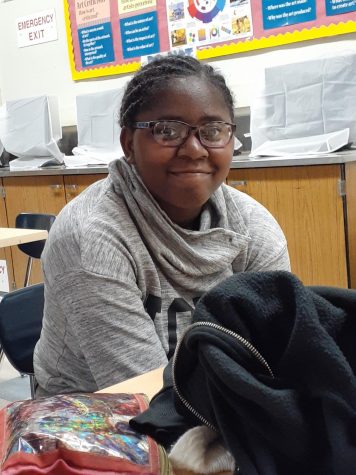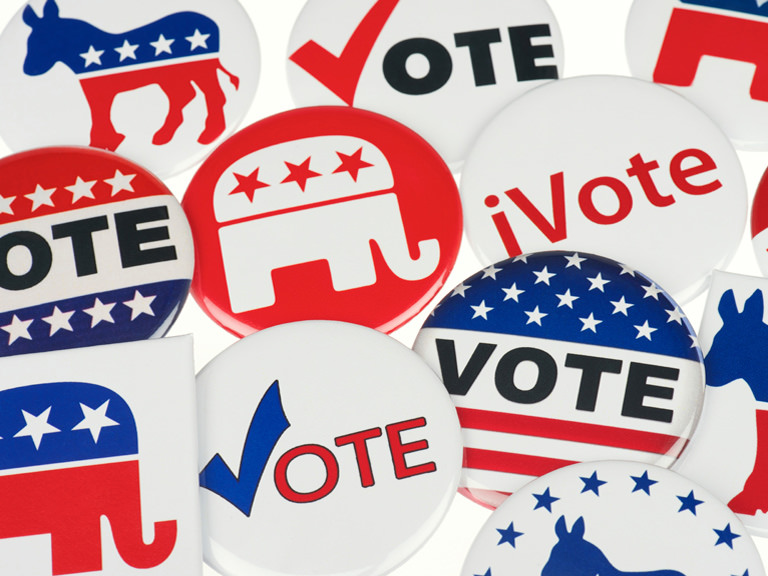BCCHS Students and Detachment from Politics
January 23, 2020
On July 1, 1971, Congress ratified the 26th Amendment and granted 18 year old American citizens the right to vote. One would typically think that this would increase the amount of voters in the United States, but statistics suggest otherwise.
For example, the biggest national election in the country is the presidential election, and voter turnout is already at a shockingly low 50%; unfortunately, it’s been steadily decreasing since 1960. The question is: Are young people generally uninterested in politics? In an attempt to explore this, let’s take a look at Birmingham students and their political interests.
Every American student is required to take government and economy classes their senior year of high school; so, what happens in such a class? As a student in AP Government (taught by Mr. Granich), we’ve actually talked about participation in politics among people under 30. From what I’ve gathered in this class, this age group is definitely the smallest contributor to politics and offers the least numbers in statistics. The people in my class generally agree that younger people are probably detached due to the feeling that politics and political candidates don’t connect with them, and therefore, don’t affect them. Even so, the majority of the students in my class wish to at least vote in the next presidential election, with the exception of a single student who honestly answered that if it doesn’t affect him, and he won’t care.

Outside of classmates, what do friends and peers around school think about politics? To tackle this question, I interviewed my underclassman friend, Lyllian Timothee (grade 10). When the topic was introduced, she immediately said, “Oh god, I hate politics.” She then goes on to say that “it does a good job of splitting people up,” meaning its controversial nature is quick to cause rifts and arguments. Generally, she doesn’t find any interest in politics and doesn’t think she would participate.
Judging from my class and interview, it’s possible that those who take government and political classes (mainly seniors) are more likely to see the value in political participation and choose to involve themselves. Of course, student interest is the way that it is due to a variety of factors. Education aside, a student’s personal life can shape their perception of politics and therefore, shape their desire (or lack of) to participate in the political process.
When talking about the nation as a whole, people aged 18-30 generally don’t pay attention much to politics. This is rather understandable; if you’re not interested in something, wouldn’t it be a waste to care? While it seems reasonable to be nonchalant in the present, I think it’s good practice to start caring for the future. Regardless of political ideology, every student will eventually reach the age where politics will play a role in their lives; it’s better to be knowledgeable and prepared beforehand. Nonetheless, it’s up to present and future generations of students to engage in government and politics. Only time will tell if student interest will remain stagnant, decline, or even hopefully, rise.



